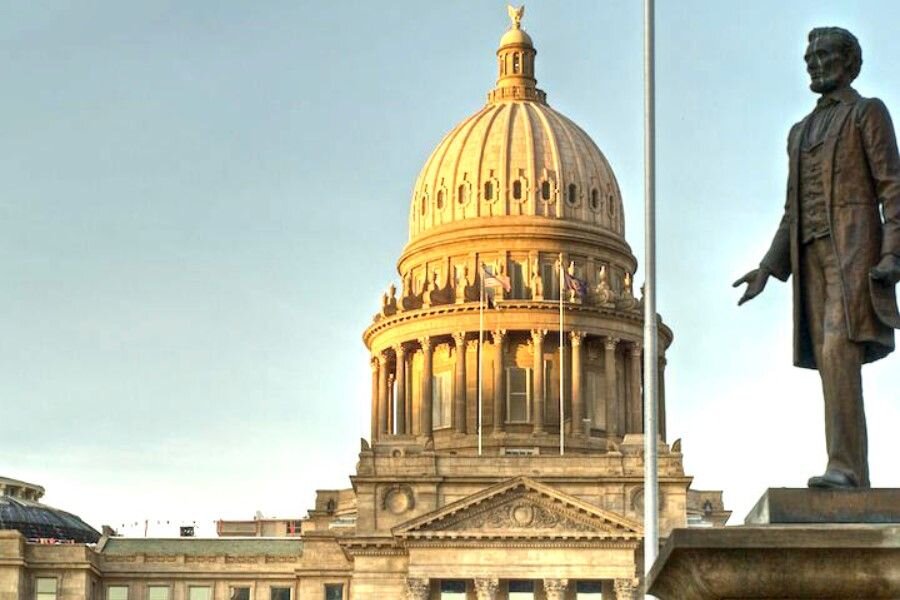On April 15, the U.S. Supreme Court issued an emergency order permitting Idaho to once again enforce a state prohibition on sex-change procedures for minors. This decision comes after lower courts had previously halted the law.
Five out of six conservative justices favored reinstating the state law, while all three liberals opposed it.
At the time of reporting, it remained uncertain whether Chief Justice John Roberts, considered a moderate conservative, had cast a vote, or if he had voted at all.
In December 2023, U.S. District Court Judge Lynn Winmill, appointed by President Bill Clinton, ruled that Idaho couldn’t enforce the statute while the case was ongoing.
Idaho appealed to the U.S. Court of Appeals for the 9th Circuit, which upheld Judge Winmill’s temporary injunction blocking the law but hasn’t made a final decision yet.
While the decision was presented as an unsigned order, several justices issued separate opinions.
Justice Neil Gorsuch expressed his agreement with the decision to restore the state law in a concurring opinion. Justices Clarence Thomas and Samuel Alito also concurred.
Justice Brett Kavanaugh filed an opinion concurring in the decision to restore the state law. Justice Amy Coney Barrett concurred.
Justice Ketanji Brown Jackson issued a dissenting opinion that was joined by Justice Sonia Sotomayor.
Idaho Governor Brad Little (R) signed the Vulnerable Child Protection Act (VCPA) into law in 2023. This legislation makes it a crime for physicians to prescribe puberty-blocking drugs, hormone therapy, or certain surgeries to minors who identify as transgender. Violators could face fines and prison sentences.
“In signing this bill, I recognize our society plays a role in protecting minors from surgeries or treatments that can irreversibly damage their healthy bodies,” the governor said at the time.
However, as policymakers, we should take great caution whenever we consider allowing the government to interfere with loving parents and their decisions about what is best for their children.”
According to the Movement Advancement Project, 22 states have banned transgender surgery for minors, while 14 states and the District of Columbia protect youth access to transgender health care. The emergency application in the case, Labrador v. Poe, was filed with the Supreme Court on Feb. 16.
Idaho Attorney General Raul Labrador (R) stated, “The state has a duty to protect and support all children.” He emphasized the importance of defending Idaho’s law, which aims to prevent minors from undergoing life-altering drugs and procedures associated with gender dysphoria.
Idaho argued that the injunction against the law was overly broad and should apply only to the two plaintiffs involved in the original lawsuit.
The Supreme Court ruled that the state law shall apply to all of Idaho except for the two teenagers who brought the lawsuit, allowing them to continue their desired treatments.
Justice Gorsuch expressed concerns over broad injunctions, noting their potential to turn narrow disputes into broader referendums on laws.
Justice Jackson acknowledged the complexity of universal injunctions but refrained from addressing them in this emergency situation.
The American Civil Liberties Union criticized the Supreme Court’s decision, while Attorney General Labrador praised it for protecting minors from what he sees as harmful procedures.
The Supreme Court may soon address similar bans in Kentucky and Tennessee.
Share your thoughts by scrolling down to leave a comment.













